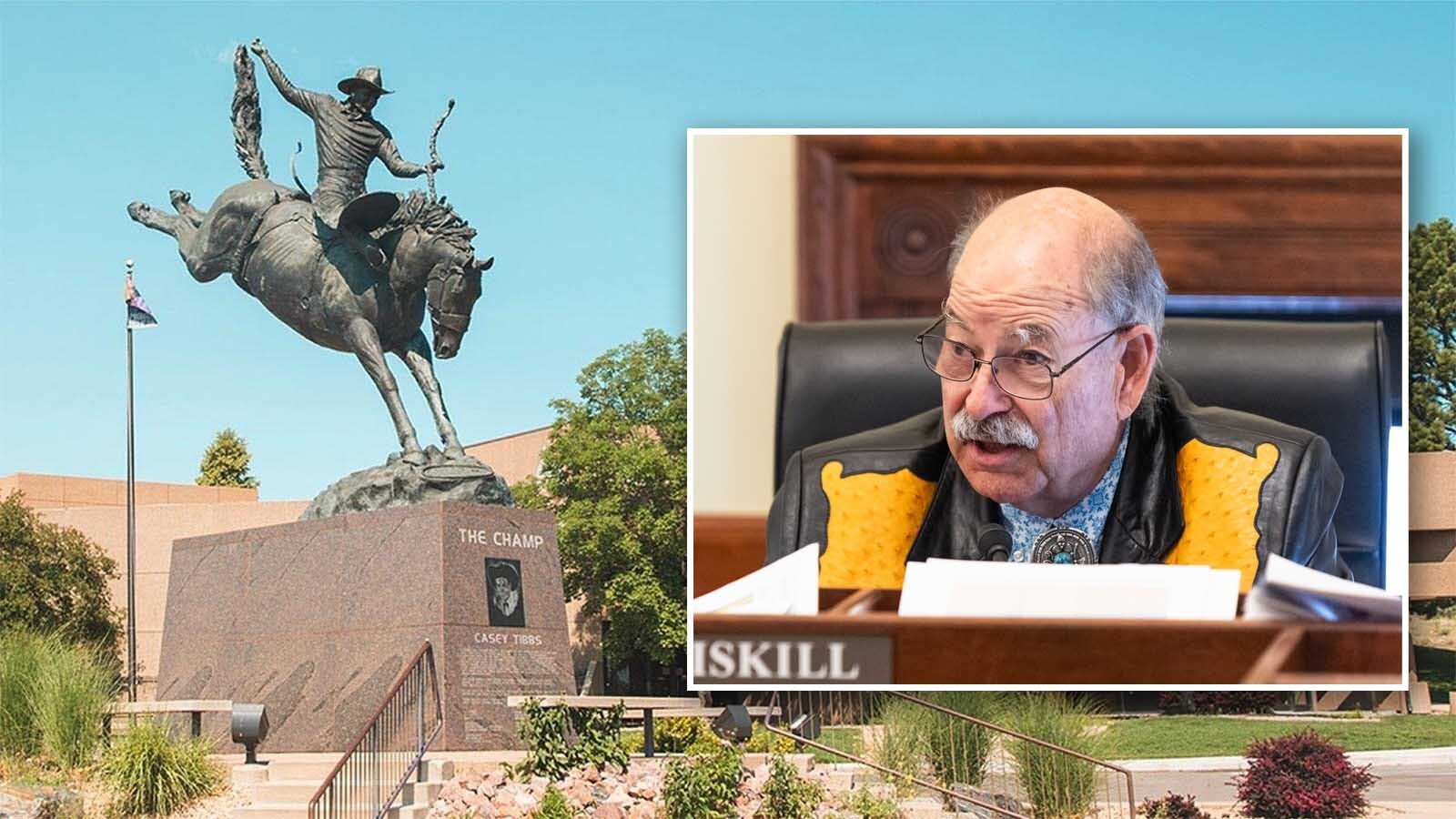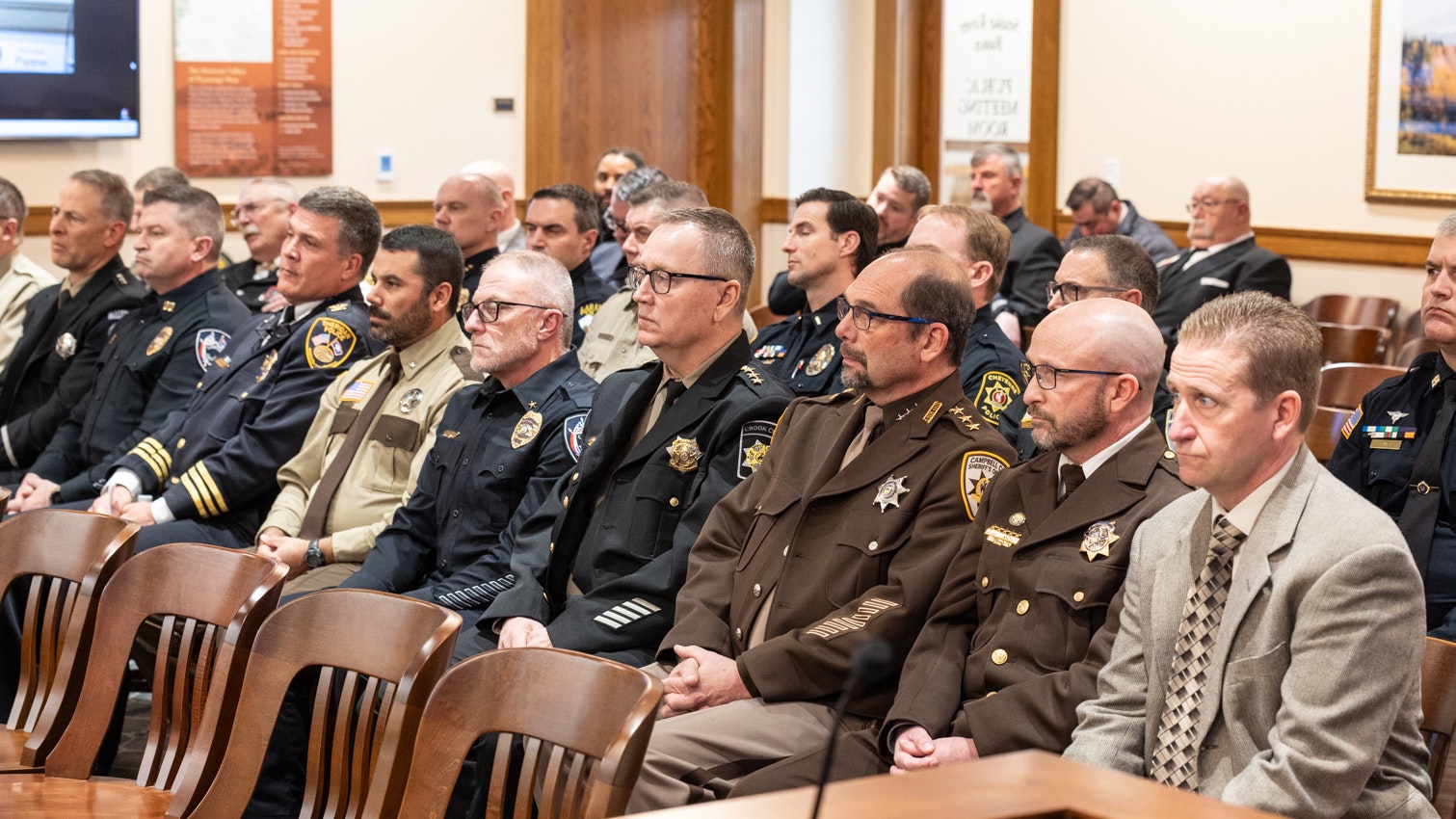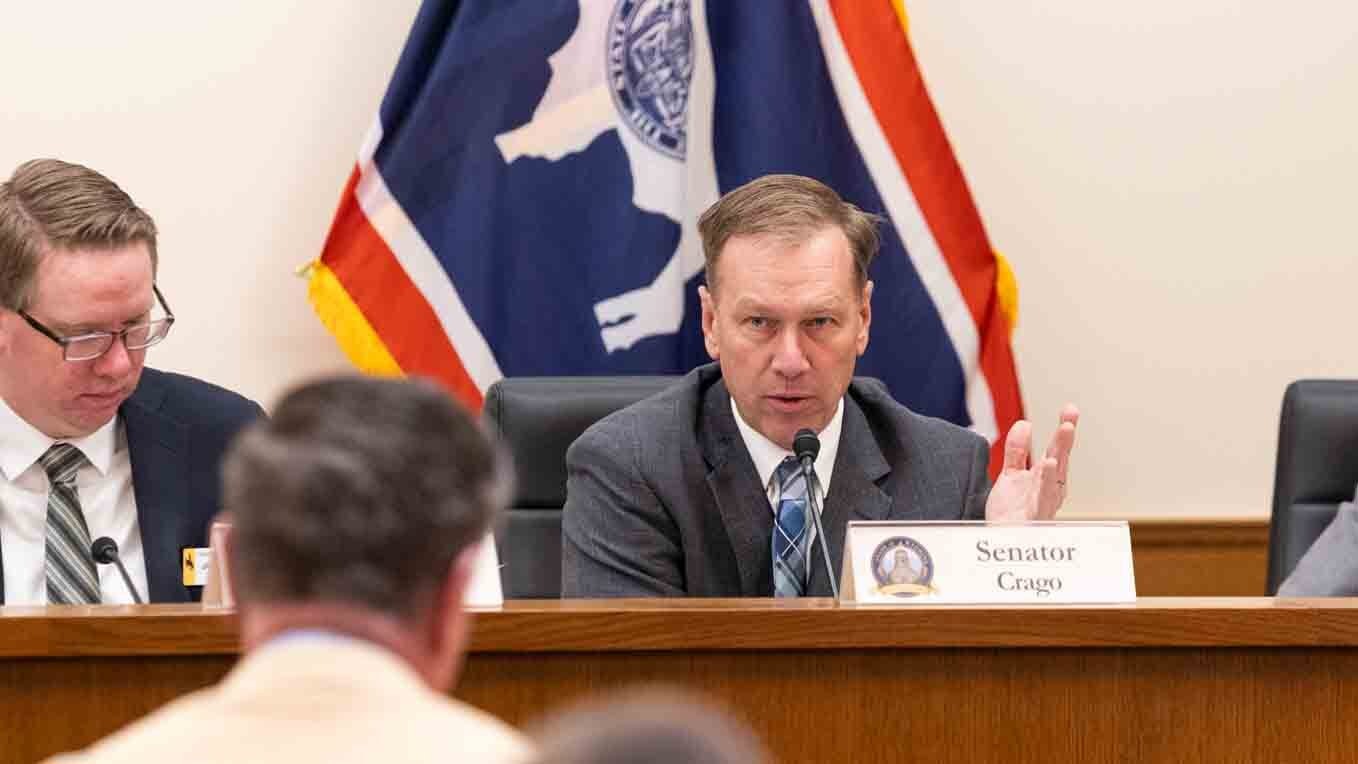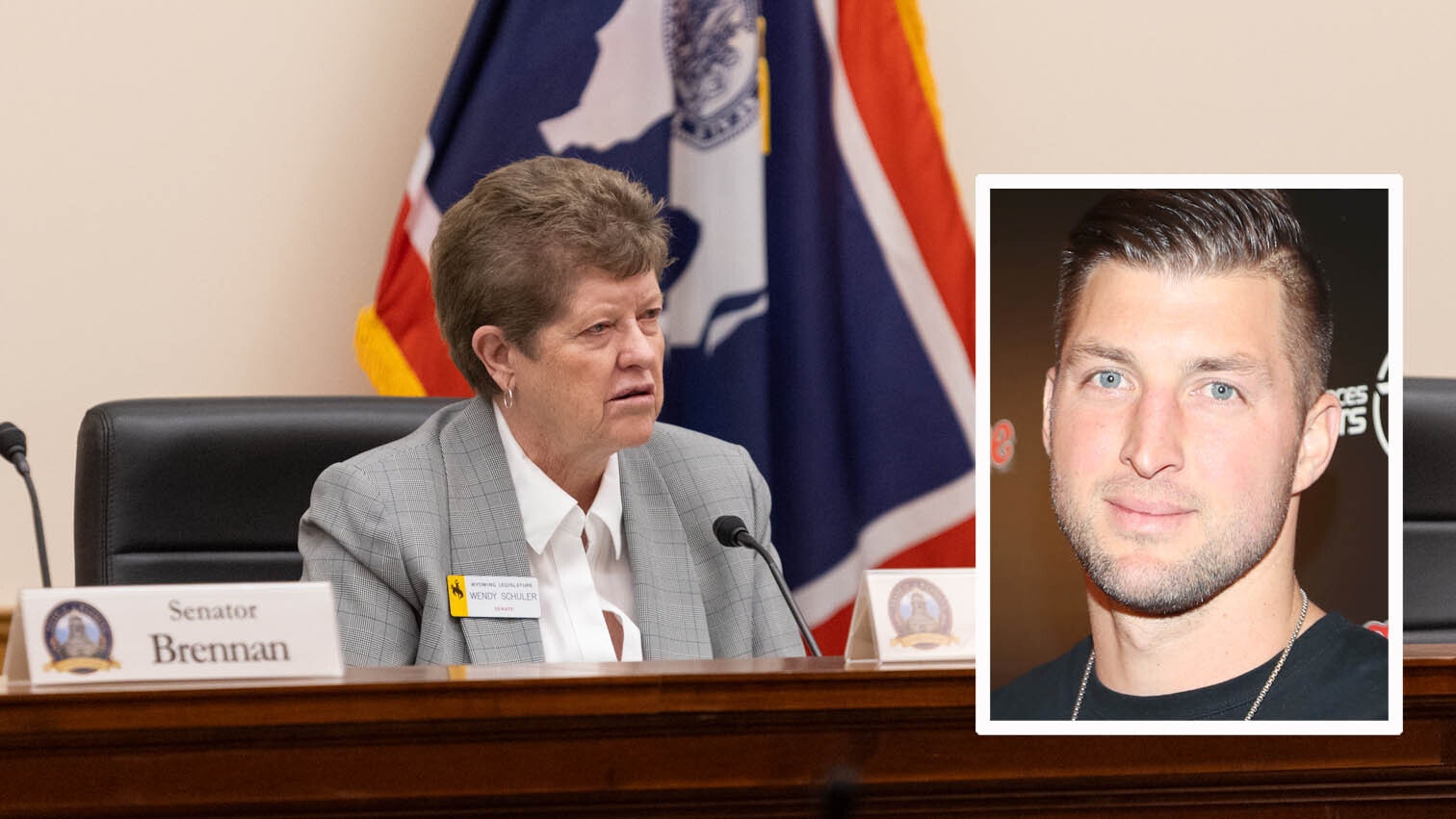A bill approved by the U.S. House of Representatives to provide more federal oversight to foreign agricultural land ownership has the support of Wyoming’s farmers and ranchers.
The Wyoming Farm Bureau Federation’s members say they are pleased that the U.S. House of Representatives approved the Agricultural Risk Review Act on Monday, Executive Vice President Kerin Clark told Cowboy State Daily.
U.S. Rep. Frank Lucas, R-Oklahoma, introduced the bill, and if it becomes law, it will make Agriculture Secretary Brooke Rollins and her successors permanent members of the Treasury Group that oversees foreign investment in the United States.
“Our members feel this is the best entity to review transactions involving all investments in U.S. agribusiness, land and natural resources,” Clark said. “Placing the secretary of Agriculture on this committee ensures representation from the agency most familiar with reportable agricultural lands.”
‘Critical Step’
Wyoming Republican U.S. Rep. Harriet Hageman called the bill a “critical step in safeguarding America's farmland from foreign adversaries.”
“This legislation strengthens oversight of Chinese purchases, ensuring our agricultural land remains secure and under American control,” Hageman added on X.
Foreign investors owned 1.5% of Wyoming’s agricultural land as of Dec. 31, 2023, according to a U.S. Department of Agriculture report. Citizens of Canada (131,000 acres), the United Kingdom (87,000 acres) and Germany (nearly 45,000 acres) are the largest foreign owners of the state’s agricultural land.
Chinese citizens own roughly 145,000 acres of ag land across the United States.
State Level
The Wyoming Legislature has considered but not passed laws restricting foreign ownership of land. However, the Legislature did approve — and Gov. Mark Gordon signed — a bill requiring disclosures of ownership of land near critical infrastructure.
In 2023, two House bills died that would have banned property ownership of more than 1 acre in Wyoming by people, businesses or governments from Russia, China or other nations designated as a state sponsor of terrorism. Any current owners would have been forced to sell within two years.
A Wyoming Department of Homeland Security spokesperson said federal and state authorities could examine the same transaction from different perspectives. The state will examine the transaction based on the property’s proximity to critical infrastructure and the federal authorities will examine the financial side of the transaction.
Gordon’s office declined to comment on the federal bill. The Wyoming Department of Agriculture also declined to comment on the bill.
Wyoming House Agriculture Committee Chairman Rep. John Winter, R-Thermopolis, served as a co-sponsor of a resolution with a similar intent. He said adversarial countries do not need to own property in Wyoming or any other state.
The Biden administration last year forced a Chinese owner to sell a Cheyenne bitcoin mining operation that was built less than a mile from F.E. Warren Air Force Base.
The federal bill has been referred to the Senate Banking, Housing and Urban Affairs Committee.
The bill would go to the full Senate for a vote if it’s approved by the committee. If no changes are made, it would go to President Donald Trump to be signed into law or vetoed.
If changes are made, the bill would go back to the House for concurrence (agreeing with the Senate changes) or rejection. If rejected, the bodies would form a conference committee to develop a compromise bill that would have to be approved by both bodies and the president.
Matthew Christian can be reached at matthew@cowboystatedaily.com.





